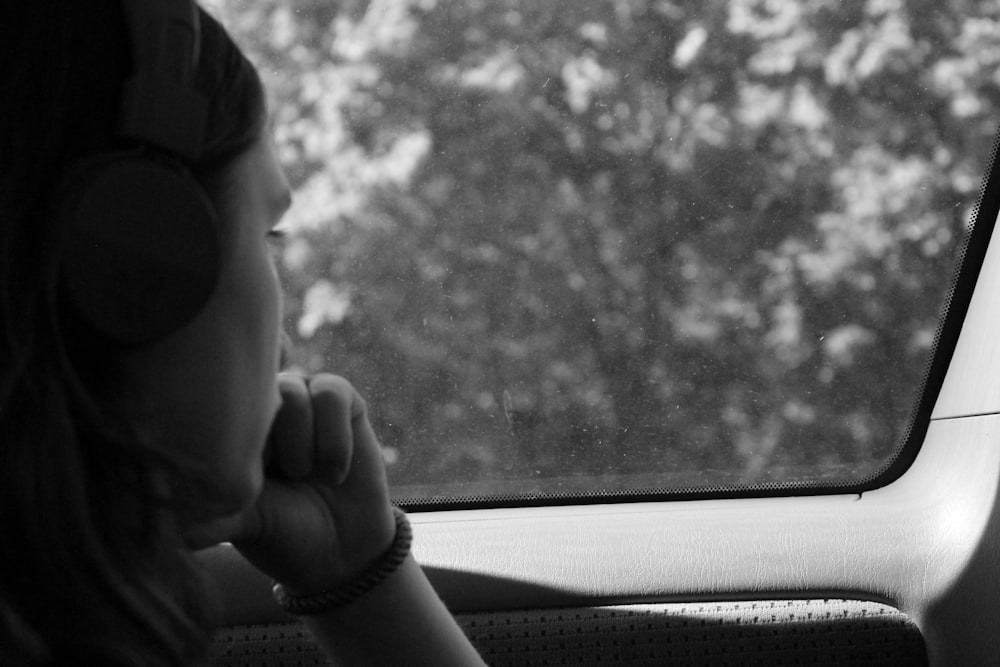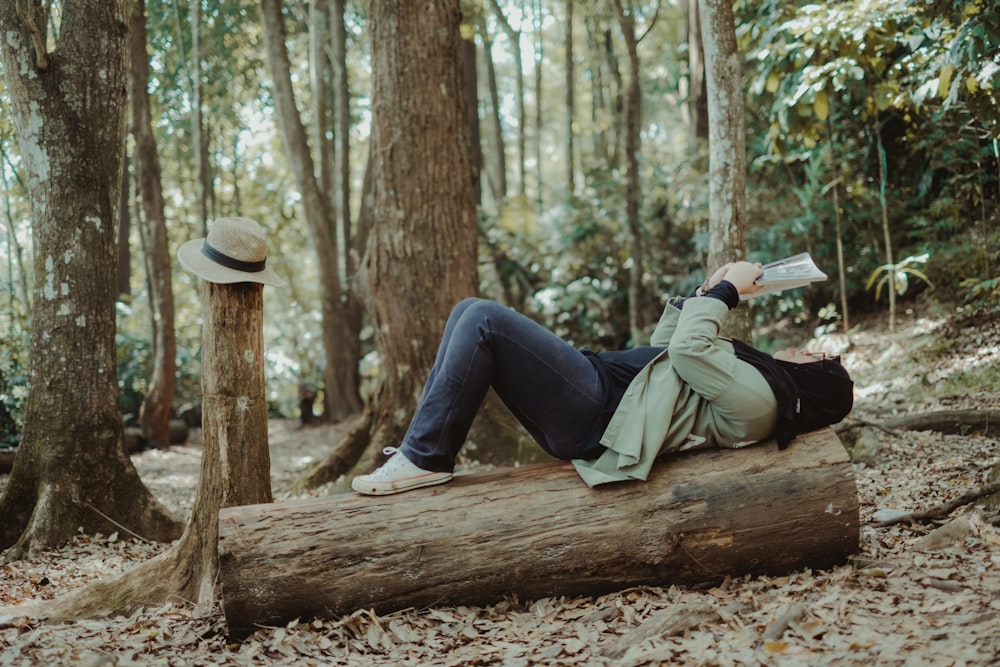 | ||||
Credit: Taras ZaluzhnyEvery day we are faced with life.
Work, play, love, anger, friendship, hardship, all these contribute to the experience of living. Very often, we go through life without considering why we do so. Rather, living comes to us just as naturally and automatically as breathing. Why do you want to live? Why do you want to be happy? Why do you want to love? Why do you want to spend time with friends? You just do. And these seemingly innate desires rule your decisions, and often shape your life without you realizing or taking the time to rationalize them.
We don't always need to have a "deeper" reason or purpose for what we do. We live and act the way we want. Most of the time, this seems to work perfectly well for us.
Yet life isn't always so simple for us. Humanity has developed a desire to have a different purpose than just living for the sake of living. This seems to be both a blessing and a curse, for it has the capability of either giving us great joy and fulfillment, or it can tear us down and leave us empty.
Why can't life just be simple? Why can't we be born, grow up enjoying and exploring life, for some of us fall in love, maybe have children, and then eventually die just happy that you got to experience life? Why do so many of us seem to need something beyond that?
Before I continue...
I need to be very honest with you and with myself. I cannot tell you what your life's purpose should be. What gives me purpose may not give you purpose. My values may be different than yours, my desires and dreams might not be the same as yours. And mine are by no means better than yours. So please don't misunderstand anything I say as judging you or telling you what you should long for. I am not preaching a dogma to you, I am merely expressing my own thoughts. Still, I hope that as I relay my own struggle to gain purpose, perhaps you will find some inspiration or at least a different way of viewing life.
When I left my religion, my greatest struggles with depression began. I felt no purpose, no meaning to anything. I was insignificant, one of the billions upon billions of creatures that has lived on this planet, and not one that had much of an impact on the world either. History books probably wouldn't write of me, the vast majority of the world had no idea that I even existed. But even if I became famous, and everyone knew of me, the universe itself isn't guaranteed to exist forever, let alone mankind as a species. How likely is it that when the sun ceases to shine, and the Earth is destroyed, that my name and legacy will continue on?
That really screwed with me. Problem was, I had no one to discuss this with in person. I hadn't yet come out as an atheist, and on top of that, out in the Bible-belt of Montana where I lived, nearly every community I knew of was based around the religion I left. I was left alone in the dark, with only books, YouTube personas, and blog posts to give me some form of comfort and companionship with my new thoughts. There were more sleepless nights had, and more sobbing alone in bed at that time than I ever had before and hopefully will ever have. Isolation has a way of destroying hope, and on top of that, I already had clinical depression. Being a human, I needed the attention, love, empathy, companionship, and community of other humans. And finding purpose on one's own is damnably hard. Thankfully, through both contemplating the writings of others, and many of my own scribbled out thoughts, I managed to gain some much-needed perspective (which is yet another story I'll get to).
Think of your favorite book (mine for the longest time was Eragon by Christopher Paolini). When you finished its last page and closed it, perhaps you were sad that it ended. But did you say it was meaningless? As the curtain fell on the final scene of your favorite movie, did you declare it was a waste of time? For both, of course not. You enjoyed them, you loved them. They had meaning to you, even if they ended.
You and I may not live forever, mankind might be eventually wiped out, and the universe may give way to heat death and be devoid of life. Yet when the last star dies, and all light is snuffed out, it will not erase our reality. Nothing can change the fact that we lived, we loved, we laughed and cried. We existed.
Our lives are part of the cosmic song, the notes of which are individual and unique to each of us. Our existence gives further complexity and beauty to the universe, and whether we are consciously remembered or not, our impact will last forever.
This is the crux of the issue. Will you exist consciously forever? Probably not. Your last page will be written, and the curtains will close on your life. But the notes of your song will forever remain. You and I have an amazing opportunity to contribute to the breathtaking cosmic canvas. Every single action, every feeling, every thought we have will be its own unique brushstroke on this painting, leaving behind the brilliant glow of our lives. In this, I have found my purpose. I long to help create a better, more loving, more beautiful, more gracious, more caring existence for everyone. As I have written elsewhere, I want to help create a universe of ever-increasing bliss. Here I find my meaning, my reason to live even if my life falls apart around me. There is only one question remaining to be answered: what mark do you wish to leave upon the universe? Perhaps the answer to this question will be the purpose you are looking for. |
Wednesday, September 26, 2018
Why? Part 2
Friday, September 21, 2018
Why? Part One
 |
| Credit: NASA, ESA and the Hubble SM4 ERO Team |
Have you ever felt small?
 |
| Supercluster. Credit: NASA, ESA, and Johan Richard (Caltech, USA) Acknowledgement: Davide de Martin & James Long (ESA/Hubble) |
But how about the Earth itself? Earth is massive! Every human that has ever lived has existed on this planet. Even then, Earth is tiny in comparison to the vastness of our Solar System, or even some of the other planets in it.
So the Solar System must be at least of a decent size, right? Not in comparison to the Milky Way Galaxy in which we find ourselves. In this galaxy, scientists have currently found 2,500 solar systems, although with the roughly 200 billion stars in our galaxy, there may be many more solar systems we haven't found.
The Milky Way itself is too ridiculously huge for our puny mammal brains to comprehend. And yet we haven't even scratched the surface of the vastness of the observable universe. There are galaxy clusters that contain 100 to 1,000 galaxies each, all the way up to superclusters like the Laniakea Supercluster that contains roughly 100,000 galaxies!
If you don't start to grasp the seemingly infinite scope of the universe by now, don't worry, you probably can't entirely. But what I am getting at is this:
You are puny.
In a cosmic sense, you and I are like insignificant particles trapped on a speck of dust. If our species ceased to exist, it truly seems like the cosmos would take little to no notice of it, and the universe would continue as before.
Yet I don't think that we fully understand that.
As far as I have seen, although I am no universal arbiter of truth, the universe exists. And by that, I mean it only exists. There is currently no sufficient reason to think it was created or designed with any purpose. Rather it and the descriptive rules governing it seem to just "be". No reason, no rhyme. Existence does not require purpose.
We are products of this universe. You and I are particles, arranged in a specific way. We are products of the same natural processes that make up the rest of the universe.
We exist because we are the result of how the universe works.
Really take that in, think about it. You and I are just as much a product and part of the universe as gravity, rocks, and supernovae. And our lives in essence are governed and determined by the same forces that rule the rest of the cosmos.
In spite of all this (and in one sense, as a result), humanity since its inception has crafted innumerable stories in an attempt to imbue our lives and our world with meaning and purpose. The purpose of disease is to punish sinners, the purpose of rain is to water our crops and the sun to make them grow. Oddly enough though, the majority of things in this world were seen as being "for us". Certain animals were made to become livestock to eat. Certain plants were made to be crops that we tended to. Plagues were made to show us our sins and make us repent. For the longest time, nearly everything in our world supposedly revolved around us.
This tendency is seemingly written in our very DNA. Thus, as science begins to show us just how insignificant we are, who can blame us for recoiling at it? We seem to crave objective meaning. We are important. We are special. We are the apple of the divine eye, the special objects of its salvation and attention. We are made in the very image of god.
But as we are finding out, the world doesn't look like it was created for us, or even with us in mind. Your existence is an infinitesimally puny portion of this vast universe. One might even argue that your life has less impact on the universe, and is far less impressive, than an exploding star.
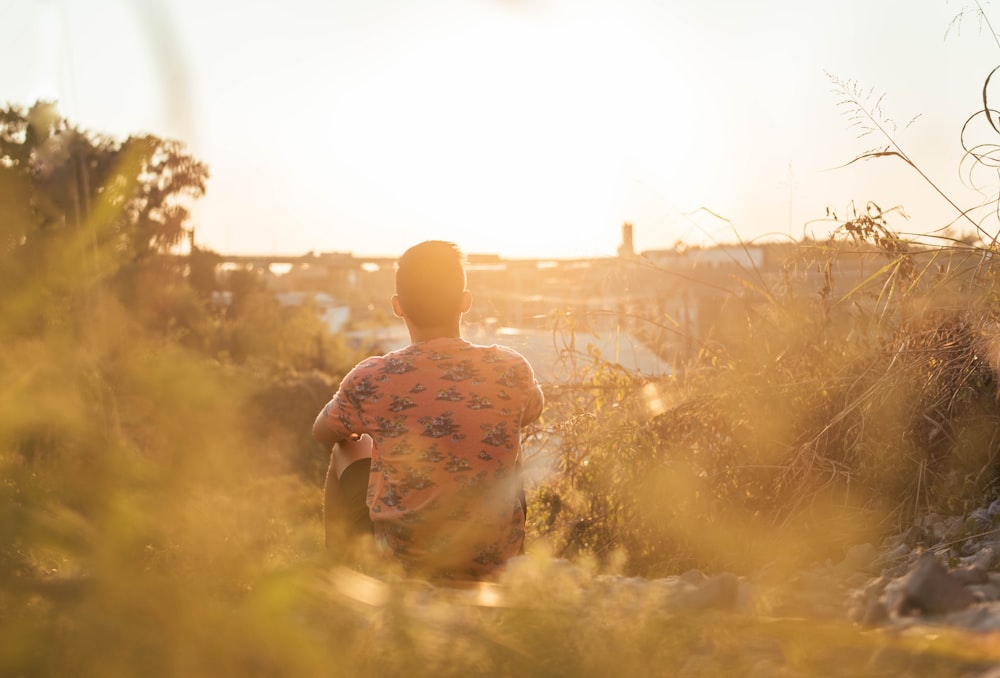 |
| Credit: Jonathan Daniels |
How does this address the "why" question?
Unsurprisingly, our brains recoil at this. Many of us have been sent whirling into depression when we first recognize this. Especially if you have been raised to think that you are the object of eternal attention and love from god, it is rather difficult to let go of that and not go mad.
Nevertheless, all isn't lost. It is still possible to let go of our notions of objective meaning and survive. Not only that, we can find our own purpose, our own reasons to live this beautiful life that we have.
Friday, September 14, 2018
Where's the Evidence?
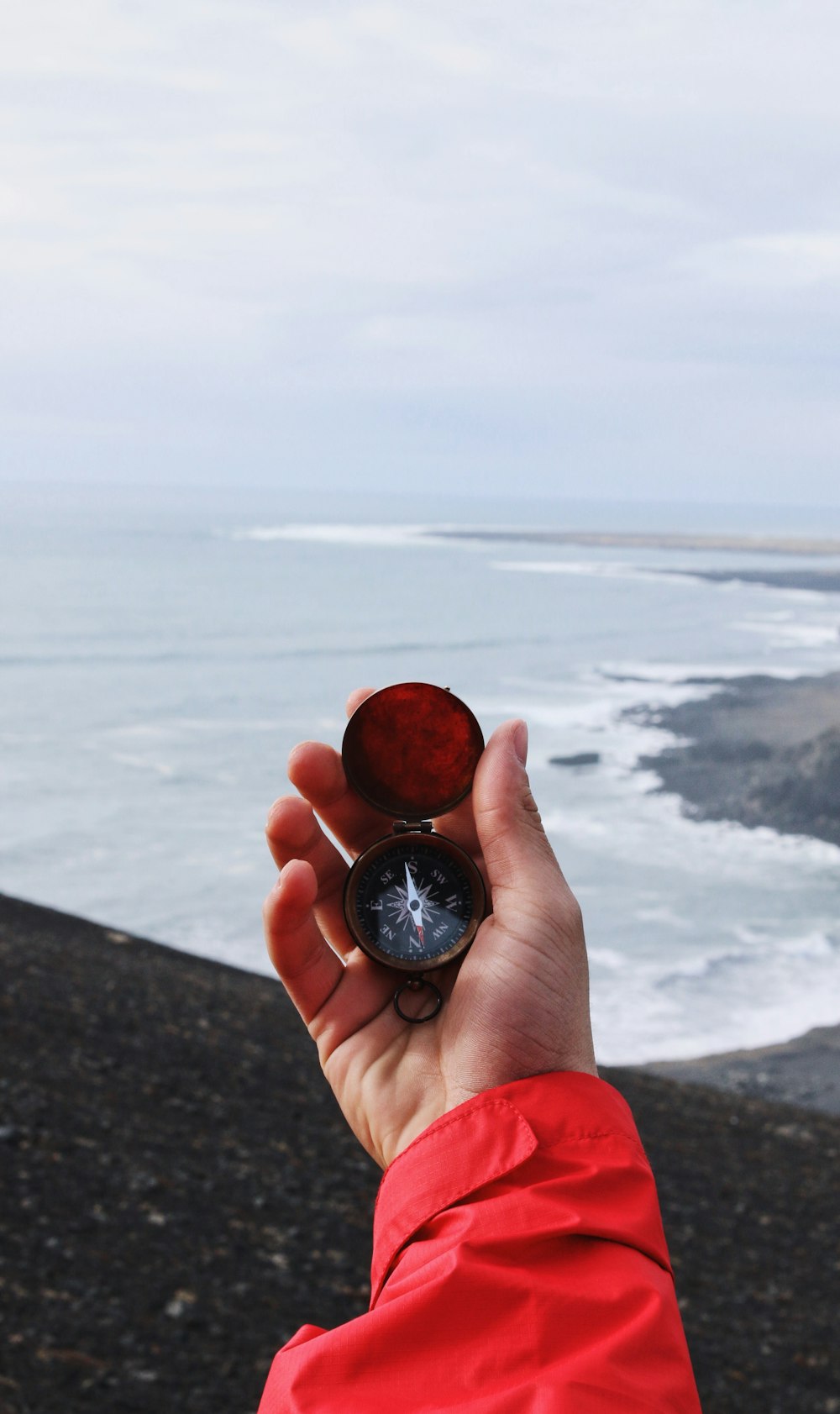 |
| Where's the proof?! |
Where's the Evidence?
Why don't I believe?
That is a good question, and it is one I have spent a lot of time thinking about and refining.
If you are a Christian from the same vein of theology I came from, you might not have the right picture of why I am who I am, and why I don't believe. This post is largely for you, although I also want to make it clear to everyone where I stand and why I am no longer a Christian. I am not trying to change anyone's mind here, but rather to give everyone some food for thought and a better understanding of who I am.
 |
| Who doesn't like a beer? |
"Maybe you want to be sinful!"
At least that's what I would have said when I was a Christian. I had been told many different things about unbelievers, both from teachers and the Bible. Perhaps the one I was told the most was that unbelievers actually do know god exists, they are just "suppressing" that truth so they can live as disgusting and sinful of a life as they desire. Basically, an atheist is merely someone that wants to go to strip clubs, sleep with prostitutes, have sex with people of the same gender, murder people, and get super high on acid. Oh, and don't forget blaspheming Jesus, and giving god the middle finger. So, atheists are evil, and want to be their own gods rather than obey the true god.
The "lusts of the flesh" drive the atheist to do heinous, and wicked things. And they just can't sacrifice their lusts in order to obey the lord, and thus act as if they don't believe.
But that wasn't why I became an atheist, nor why I am still one.
 |
| Yup, that's teenage me. You are welcome. |
"Alright, then maybe you are foolish, and have a foolish worldview!"
Another reason atheists were atheists was because they were fools, and their worldview was based on nonsensical ideas. To be an atheist, as Answers in Genesis (a leading fundamentalist, young earth creationist Christian group) puts it when claiming atheists are fools,
"Presuppositions play an important role in apologetics. Everyone has starting assumptions (presuppositions) that they assume to be true at the onset of an argument. For example, an atheist has the presupposition that God does not exist and that the universe and life arose naturalistically. Bible-believing Christians, however, have the presupposition that God exists, He has revealed Himself to us in His Word, and that the Bible, because it is God’s Word, is the true history (and future!) of the universe. These two sets of presuppositions are quite obviously very different. It is through our presuppositions that we interpret the universe as we seek to answer questions about past events or the purposes involved in those events."
So, atheists presuppose god isn't real, and that everything is purely naturalistic. They don't have the right presuppositions (e.g. the Bible is true, god is real), and thus their conclusions about the world are foolish. Most of the time Christians go into further detail (like they do) and ask about morality, logic, etc., but the argument really boils down to "you are wrong because I already decided beforehand that you are wrong, 'cause I presuppose the Bible is right".*
But I didn't presuppose god wasn't real, nor that everything is naturalistic. I still don't. And yet I don't believe.
 |
| Me in the mornings... |
"Are you angry with god then? Did something happen in your life to make you bitter against him?"
From personal conversations, to sermons, to the movie "God is not Dead", atheists are often portrayed as just being angry with god. Maybe their parent's abused them, or their friends betrayed them, or a church was really mean. Thus they are bitter, harsh people who are just really pissed off with the almighty, and should be pitied and prayed for.
Is this true of me?
Nope.
Now, I have had bad church experiences before, and I've had things that make me angry with who I was and what I was sometimes taught, I won't deny that. But that's not why I became an atheist (it was a catalyst that helped move me towards questioning my beliefs, but that's not why I left them). And I can say very openly and honestly, I'm not angry at god. How can I be angry with something I don't think exists? It's like being angry with fairies or Thor to me.
What's your point?
"So if none of these is why you are an atheist, what is your reason?"
Alright, I probably should finish this post. So, here goes nothing.
I am an atheist, because I haven't been given enough evidence to support the claim that a god exists.
Yes, that is it. That's all. I haven't been given enough evidence.
For several years, I tried to find it. I read books, listened to sermons, read the Bible, listened to apologists, talked with other Christians. But through all my searching, I never found any substantial proof that there is a god, much less that the god of Christianity is real.
I am truly sorry if you were expecting a massive logical argument that god isn't real, or that Christianity is wrong. It may be a bit of a let-down. But this is why I am an atheist, nothing more, nothing less. The reason I don't believe in fairies, or a giant universe-creating tortoise is the same reason I don't believe in a god. I just don't have enough proof.
Is there proof? I don't know. But so far, I haven't found it.
Tuesday, September 11, 2018
Who's Afraid of the Dark?

Who's Afraid of the Dark?
It seems that for as long as humans have been around, we have had a special fear for the things that lurk in the dark. Goblins, ghosts, vampires, evil spirits, these are the creatures who made the night their roaming grounds. It was not safe to walk outside at those times. In our fear, we thought up of tons of ways of giving ourselves protection. A crucifix and a wooden stake may defeat a vampire, sacrificing a ram will hold back an evil spirit, laying a body to proper rest will keep its spirit from becoming vengeful.
Mankind is on the whole easily swayed by superstitions and irrationality, and this has in many ways shaped our religions. My own religion was no different.
When I was a kid, I was told that there was a god. This god created me, loved me, and wanted to have a relationship with me. However, I was a bad person. I was a sinner, "born into iniquity". The problem here is that god is holy, and he can't allow evil people to be in his presence. Thus, all are condemned to a terrifying place called hell. Here all will be tortured for eternity, burning and screaming in pain. Now, whether or not I was given the "full" picture of hell as a child isn't something I fully remember. But I do know by the time I was a young teen, I really did understand this and heard of it pretty often.
Hell is real, or so I was told. So here's a question:
As a child, do you tend to take your parents' beliefs without questioning them?
For me, the answer was a definite yes. I was brought up in a culture and within communities that all believed in hell, and reinforced this idea in my brain. So, it was only natural that I believed it as well.
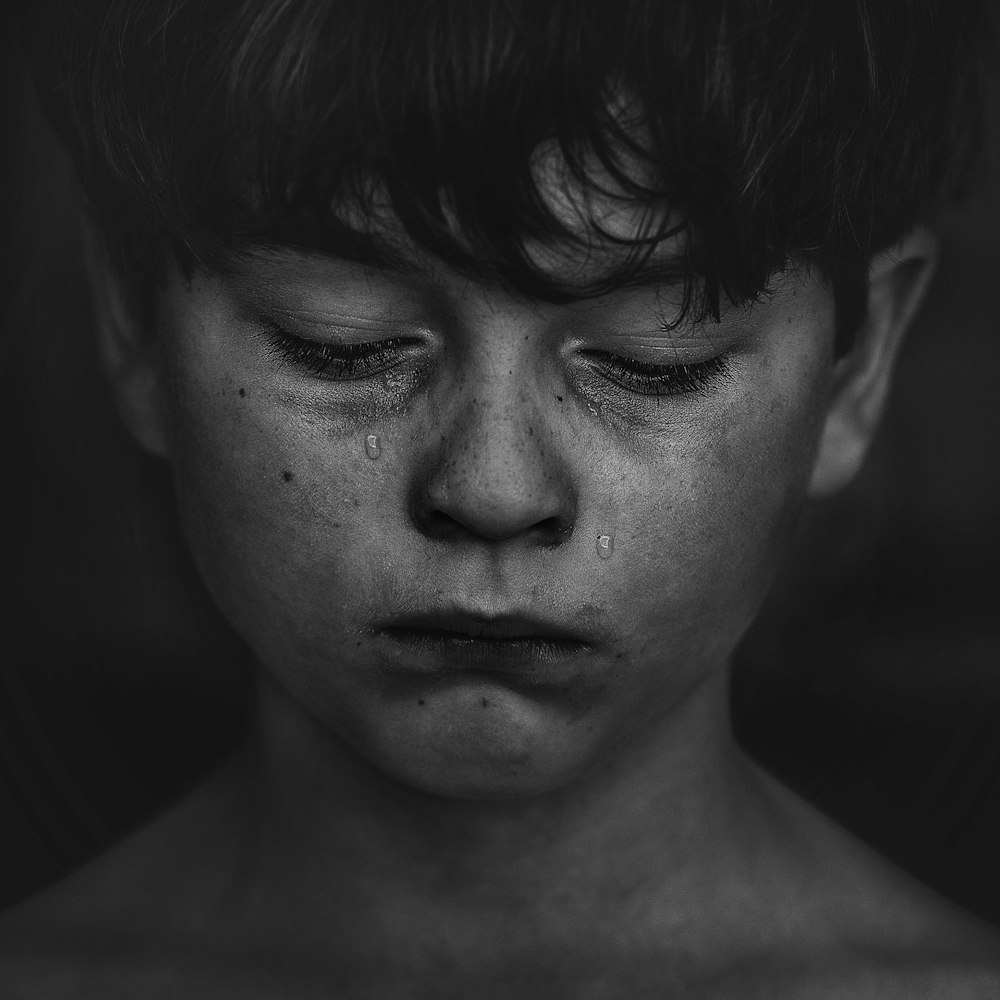
This scared the hell out of me.
With all this in mind, I quickly accepted Jesus as my savior, and all throughout my childhood and up into my adult years, I constantly begged for his forgiveness and dedicated my life to him.
But as I've mentioned in previous posts, I began doubting him. Was he real? Was he god? Did a god even exist? And this led me to question hell itself.
If I was going to be honest with myself, I didn't have any good reason to believe in hell. I had no evidence it existed, other than people just claiming it did. However, there was one thing that still held me back, and that was fear.
The best way to explain this fear is to give you a (very short) paraphrase of the philosophical argument that I had bought into, and that is Pascal's Wager (if you want a proper explanation of it, Google is a good friend). If god exists, then hell is real, and you need to believe in him in order to keep from going there. But if he doesn't exist, then it doesn't matter if you believe or don't. The long and short of it is that you better believe in god just in case he exists, because you run the risk of burning forever if you don't believe.*
I had everything on the line. If I died and it turned out god was real, then I better force myself to believe him now or I'm getting eternal punishment. Hell wasn't where I wanted to spend even a day, let alone an eternity.
So I tried. But belief isn't something you can fully manufacture like that, and so I still doubted it all. And so my fear of burning still lingered.
It was then that I came across the book The God Delusion by Richard Dawkins. Of the many things I found there, this quote really hit me:
"There is something distinctly odd about the argument, however. Believing is not something you can decide to do as a matter of policy. At least, it is not something I can decide to do as an act of will. I can decide to go to church and I can decide to recite the Nicene Creed, and I can decide to swear on a stack of bibles that I believe every word inside them. But none of that can make me actually believe it if I don't. Pascal's Wager could only ever be an argument for feigning belief in God. And the God that you claim to believe in had better not be of the omniscient kind or he'd see through the deception."
I didn't believe. And yet the coward in me was desperately trying to keep from a hell that I really didn't believe in, merely because it "might be possible".
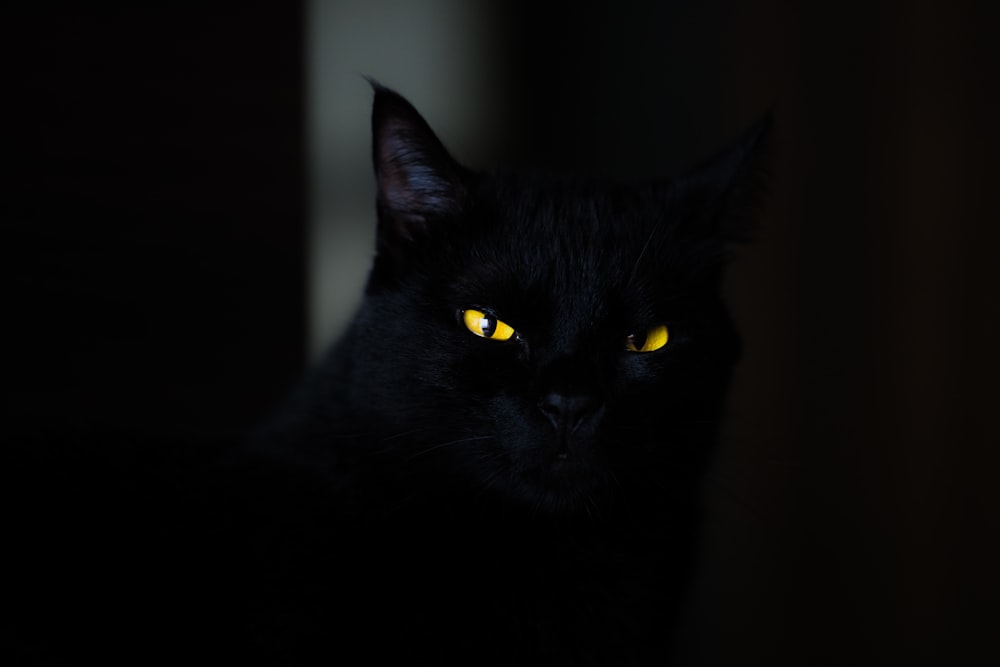
What if every time I spill salt, I shake some of it over my left shoulder just to be safe? What if I avoid cracks in the sidewalk just in case I possibly break my mother's back? What if I make certain not to break a mirror because I might get sick, or get insanely frightened by black cats?
What if, what if, what if, what if...
What if I stopped being afraid of the dark?
Now, I have to say that I'm no longer afraid of hell. The arguments for it and the evidence I have been given do not warrant a belief in it. And I'm done living a lie, acting as if I am a Christian when I truly am not.
So with one sweep, I have done away with what I believed, and have stepped into a world that is far more beautiful, strange, and crazy than I could have comprehended when I was a Christian. I have stepped into a world without god, without religion, without any holy texts or divine messages.
When I was a kid, I was told that there was a god. This god created me, loved me, and wanted to have a relationship with me. However, I was a bad person. I was a sinner, "born into iniquity". The problem here is that god is holy, and he can't allow evil people to be in his presence. Thus, all are condemned to a terrifying place called hell. Here all will be tortured for eternity, burning and screaming in pain. Now, whether or not I was given the "full" picture of hell as a child isn't something I fully remember. But I do know by the time I was a young teen, I really did understand this and heard of it pretty often.
Hell is real, or so I was told. So here's a question:
As a child, do you tend to take your parents' beliefs without questioning them?
For me, the answer was a definite yes. I was brought up in a culture and within communities that all believed in hell, and reinforced this idea in my brain. So, it was only natural that I believed it as well.

This scared the hell out of me.
With all this in mind, I quickly accepted Jesus as my savior, and all throughout my childhood and up into my adult years, I constantly begged for his forgiveness and dedicated my life to him.
But as I've mentioned in previous posts, I began doubting him. Was he real? Was he god? Did a god even exist? And this led me to question hell itself.
If I was going to be honest with myself, I didn't have any good reason to believe in hell. I had no evidence it existed, other than people just claiming it did. However, there was one thing that still held me back, and that was fear.
The best way to explain this fear is to give you a (very short) paraphrase of the philosophical argument that I had bought into, and that is Pascal's Wager (if you want a proper explanation of it, Google is a good friend). If god exists, then hell is real, and you need to believe in him in order to keep from going there. But if he doesn't exist, then it doesn't matter if you believe or don't. The long and short of it is that you better believe in god just in case he exists, because you run the risk of burning forever if you don't believe.*
I had everything on the line. If I died and it turned out god was real, then I better force myself to believe him now or I'm getting eternal punishment. Hell wasn't where I wanted to spend even a day, let alone an eternity.
So I tried. But belief isn't something you can fully manufacture like that, and so I still doubted it all. And so my fear of burning still lingered.
It was then that I came across the book The God Delusion by Richard Dawkins. Of the many things I found there, this quote really hit me:
"There is something distinctly odd about the argument, however. Believing is not something you can decide to do as a matter of policy. At least, it is not something I can decide to do as an act of will. I can decide to go to church and I can decide to recite the Nicene Creed, and I can decide to swear on a stack of bibles that I believe every word inside them. But none of that can make me actually believe it if I don't. Pascal's Wager could only ever be an argument for feigning belief in God. And the God that you claim to believe in had better not be of the omniscient kind or he'd see through the deception."
I didn't believe. And yet the coward in me was desperately trying to keep from a hell that I really didn't believe in, merely because it "might be possible".

But what if I lived all of my life in this superstitious way?
What if every time I spill salt, I shake some of it over my left shoulder just to be safe? What if I avoid cracks in the sidewalk just in case I possibly break my mother's back? What if I make certain not to break a mirror because I might get sick, or get insanely frightened by black cats?
What if, what if, what if, what if...
What if I stopped being afraid of the dark?
Now, I have to say that I'm no longer afraid of hell. The arguments for it and the evidence I have been given do not warrant a belief in it. And I'm done living a lie, acting as if I am a Christian when I truly am not.
So with one sweep, I have done away with what I believed, and have stepped into a world that is far more beautiful, strange, and crazy than I could have comprehended when I was a Christian. I have stepped into a world without god, without religion, without any holy texts or divine messages.
I can openly say that I am no longer afraid of the dark.
*Pascal himself didn't mention hell in his original "wager", but that is where many today (including myself at the time) take it.
Subscribe to:
Comments (Atom)
